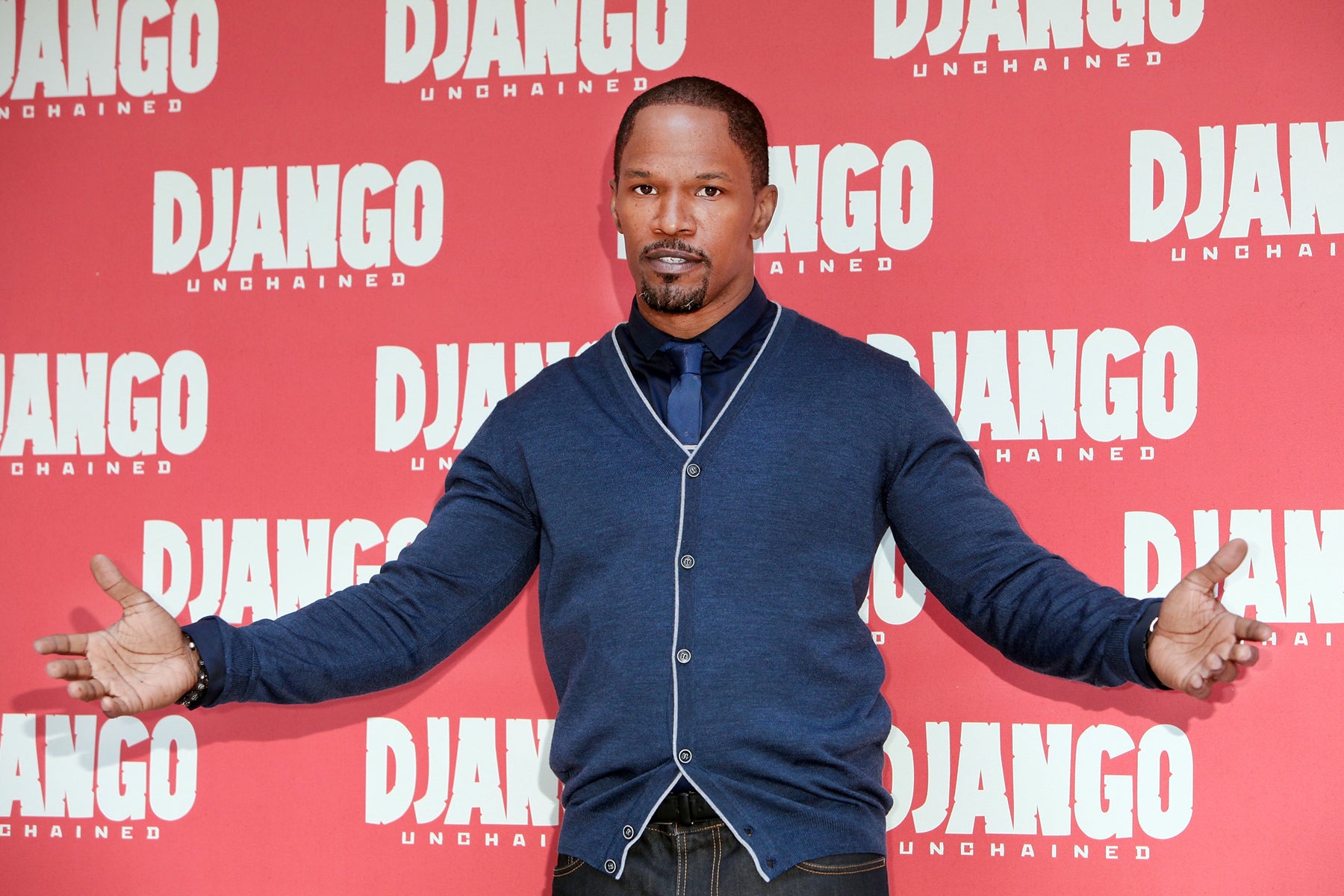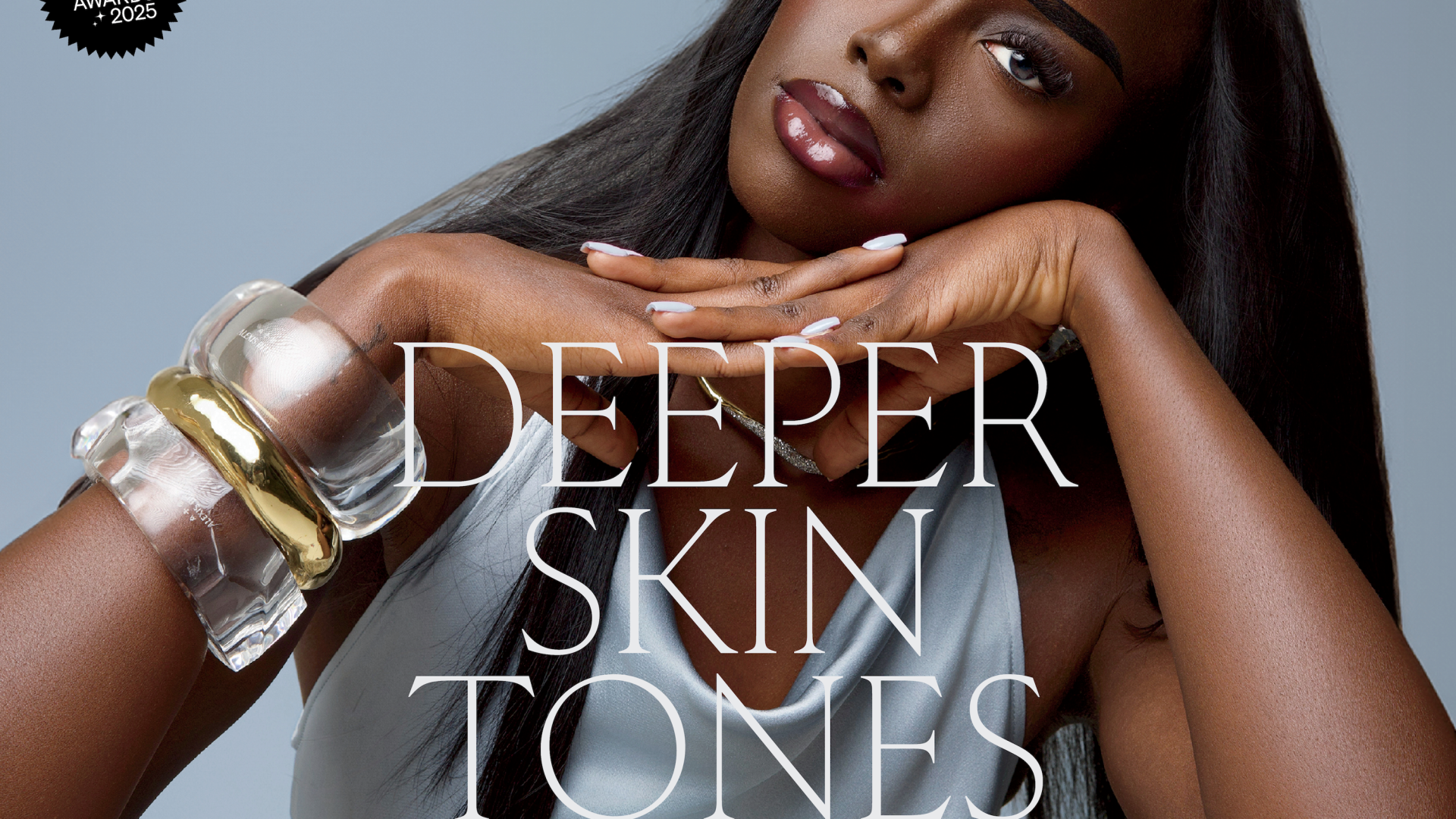
I finally saw Django Unchained this week. I had been following all the brouhaha around the movie for weeks, but I decided that perhaps I should see it before I made any judgments about it (*cough Spike cough*). Full disclosure: I’m a huge Quentin Tarantino fan. I pretty much have loved all of his wonderful, violent, funny, weird movies. So I certainly knew what I was walking into. That said, when it comes to the topic of slavery, I’m always a little leery of who is telling it and what they are saying.
I think all the wrong issues and questions are being raised by critics of this movie. The biggest ones are the amount of violence and the gratuitous use of the N-word. Now. All Tarantino movies use that word…a lot. And one could rightly quibble about why he loves that word so damn much. But I’m sorry. In a movie about slavery? I’m not even going to bat half an eye about that one. It would have been weird if he DIDN’T use it. What do people think black folks were called back then by their owners? Other than “gal” or “boy,” I’m guessing it was this.
If you haven’t seen a Tarantino film, perhaps you might be surprised by some of the violence. But certainly no one is surprised that slavery was a horrific andviolent institution, right? So why all the outcry? Are we as a nation so unaccustomed to having the horrors of slavery shown to us that we reflexively turn away when presented with it? Because if anything, some scholars argue that the realities of slavery were much more brutal and violent than what was shown on screen.
In addition, people are treating this as if it is a documentary. Regardless of what anyone says, it is not. It is fictional. How much responsibility does an artist have to get history facts correct in a made-up movie not based on a real human being? I know that’s a point of contention, but directors and writers are afforded a certain amount of dramatic license, I think. Just because the topic is slavery doesn’t mean that goes out the window. And again, it’s a Tarantino film. His last film ended with Hitler being killed by Jewish American soldiers. (Spoiler alert: That totally didn’t happen.)
But I say that these aren’t the things we should be spending most of our time arguing about. The question I’m more interested in having answered is this: Could a black director have made this movie? Controlling for factors like Tarantino’s film credentials and ability to have strong openings, if you had a comparable black director, could he or she get this movie made without going straight to DVD? Would he or she even be able to pitch this kind of idea to a major studio head without getting stopped at the development door?
I don’t think so. And to me, that’s a bigger issue. Tarantino can make this because he is who he is…but also because he isn’t black. It’s related to the age-old issue that many screenwriters and directors of color hear from studios: Will white audiences go see a movie about and featuring non-white people? Since they still make up the majority of the movie-going audience, green lights and decisions are still made with them in mind. And yes, in 2013, this is still an issue. So I could only imagine the conversation if a black director tried to get Django made with the backing of major studio: “Um, I’m not sure audiences would enjoy a movie about a black slave killing a whole bunch of white people.”
And before anyone jumps on me, I’m not one of those people who believe that only people of X race can tell the stories of X race. I loved Django. I loved The Color Purple. Neither movie was perfect, but you don’t have to be perfect for me to love you. But I do have a problem with Hollywood’s seemingly never-ending anxiety on taking chances on directors and screenwriters of color who aren’t named Tyler Perry. As our nation continues to grow more diverse, it’s important for the stories of these communities to be told — and the movie industry needs to embrace the diversity of its customers and make sure they are represented both in front of and behind the camera.
Daniella Gibbs Léger, a former special assistant to President Obama, is the Vice President for American Values and New Communities at the Center for American Progress. Follow her on Twitter @dgibber123




